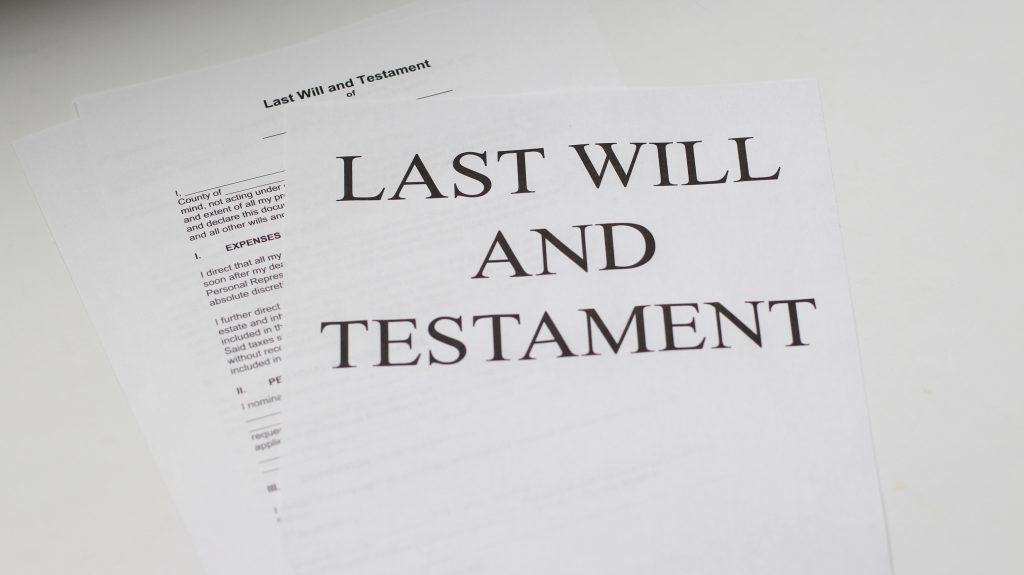As we get older, we need to accept that we won’t always have our full mental faculties in place. A Health and Welfare Lasting Power of Attorney involves appointing someone to act on your behalf when you are no longer capable of making decisions for yourself. Your LPA can be a family member, friend, or other acquaintance whom you trust to carry out your wishes on health, care, and well-being.
When does a health and welfare LPA come into effect?
With a health and welfare LPA, timing is everything. To set one up, you need to be mentally capable of making your own decisions. If this is a concern for you, then the sooner you assign an LPA, the better. Unlike a property and financial affairs LPA (which deals solely with your money and assets), a health and welfare LPA only comes into effect once you are no longer mentally able to make your own decisions. While you are still able to do so, your LPA has no authority to act on your behalf.
What decisions can a Health and Welfare LPA make on my behalf?
Your attorney can make a wide range of decisions regarding your day-to-day health and wellbeing. These include your personal care provision, medical treatment, and palliative care. These cover some important decisions like choosing between a care home and residential placement, end-of-life care, Do Not Resuscitate (DNR) orders, opting for life-saving treatment, donating your organs after death, and so on.
Who can make a health and welfare LPA?
If you are over 18 years of age and with full mental capacity, you can appoint a health and welfare LPA at any time. It is advisable to inform your other loved ones that you have done so and what personal decisions your LPA can make on your behalf, should you lose capacity. This should make things easier for your attorney when the time comes for them to make those decisions.
Can my health and welfare LPA also look after my finances?
There are two types of Lasting Power of Attorney – health and welfare, and property and financial. While these are two distinct roles under the law, they can overlap. For instance, if your health and welfare LPA is arranging suitable care for you, they may need to access your finances. For this reason, many people appoint the same person for both positions.
Who is involved in making an LPA?
As the person to whom the LPA relates, you are known as the donor. The person you are assigning Lasting Power of Attorney to is known as the attorney. There also needs to be a witness or certificate advisor to confirm that you are making the LPA of your own free will and that you understand what it entails. This can be another trusted friend or acquaintance (but not a family member), or a professional such as a solicitor or doctor, who will likely charge a fee for this service.
If you need more information or assistance in setting up a Lasting Power of Attorney for Health and Welfare, contact Paradigm Wills today on 0800 999 7750. Speak to a member of our team, who will set-up a free consultation for you with one of our experts.










